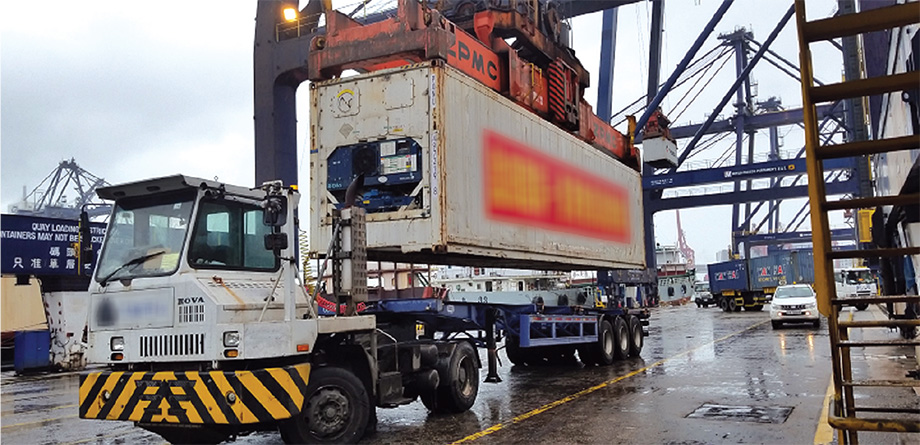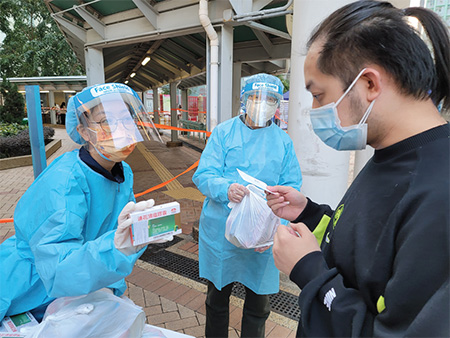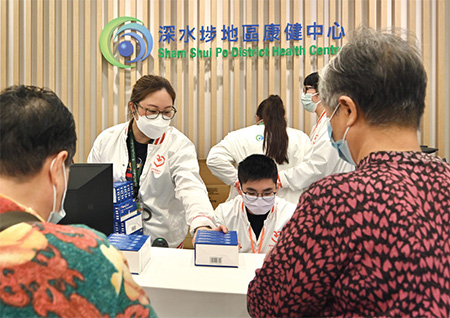EARLY this year, the fifth wave of the epidemic took a turn for the worse and brought unprecedented challenges to Hong Kong. The Government assumed the primary responsibility for the anti-epidemic work and utilised all available manpower and resources to fight against and control the epidemic situation as quickly as possible.
The civil service, as the backbone of the Government, is obligated and assumes an important role in the fight against the virus. As the fifth wave is more severe than previous ones, the anti-epidemic measures involve a wide range of sectors and require enormous human resources. Regardless of their departments and grades, civil servants, whether civilian or disciplined services staff, are all mobilised to take up various roles in the anti-epidemic work.
Since the outbreak of the fifth wave, over 140,000 government employees have participated in the anti-epidemic work at different times and in different roles, accounting for 70% of the total number of government employees.
Despite facing unprecedented pressure, various Bureaux and Departments displayed solidarity, responsiveness and flexibility, which coupled with the proactive participation of civil servants at all ranks, are indispensable to the quick and smooth implementation of the anti-epidemic measures. Nevertheless, various departments also strive to maintain public services and provide frontline and backend support in the fight against the virus.
In face of the ever-evolving situation, the civil service will continue to uphold the spirit of serving the public, stay committed to their duties and firmly stand by the public in the fight against the epidemic.




 below for more details.
below for more details.




